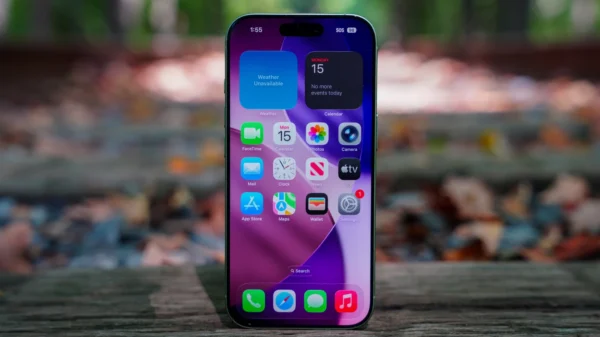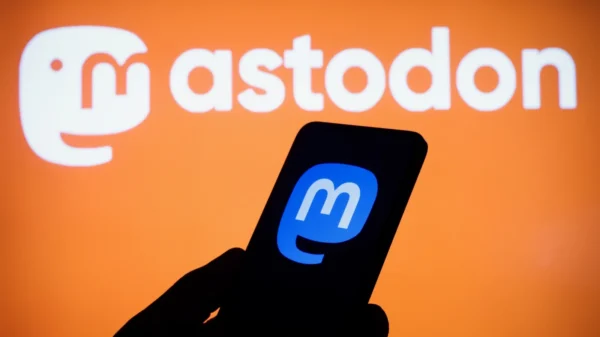I first wanted to open this by calling myself a “Proud Ex-Gaming Addict”, but I’m not sure whether that’s appropriate.
Gaming Addictions are a new thing, for sure, but don’t be fooled: They Are Very Real. And there’s no longer much reason to deny their existence, especially since the World Health Organization stopped doing that at the end of last year. Video Game Addiction is a behavioral addiction that is widely, horrifically misunderstood in modern society. Many who suffer from gaming addiction openly discuss their indulgences with friends, gloating about how long its been since they’ve gone outside or how long their last session was, without the slightest bit of understanding that they’re treading in some very dangerous territory.
But there’s one mentality that I see not only in hardcore gamers but in casual ones as well. I see it everywhere, on internet forums and in conversations. It’s an age-old classic of addiction psychology that has clever seeped its way into the social structure of gaming addiction, so smoothly and seamlessly that gamers are unable to understand what they’re feeding into before they’re already hooked in. Something the gaming industry actively uses to pull more and more money out of gamers’ wallets.
Gamers have been Chasing the Dragon for years. They just haven’t realized it.
For the uninformed, “Chasing the Dragon” is a slang term of Cantonese origin, referring to the inhalation of vapors from a heated solution like morphine or heroin. The “chasing” denotes how the user must keep the liquid moving to prevent it from overheating or burning up while inhaling vapors. Today, the term is commonly used to refer to a substance abuser’s constant desire to achieve the same high that the user achieved upon first using the substance – this high being the “dragon”, and the “chase” being their attempts to achieve it. It’s a mentality that encourages users to continue taking more and more of a substance despite having unsatisfactory experiences with it, in hopes that they might eventually catch up to the much-esteemed dragon.
This effect is tremendously similar to a mentality shared by millions of gamers around the world. It is a feeling that is so closely associated with many gaming communities that those communities accept it as normal and discuss it openly among friends. I certainly used to.
For example, let’s look at the Call of Duty series. Despite the series’ many fans disagreeing on which games are the “best”, the three most commonly recognized as “good” are Call of Duty 4: Modern Warfare, Call of Duty: World At War, and Call of Duty: Modern Warfare 2. While not all fans hold these three titles above all others, they are recognized as the “peak” of the series, and fans will commonly reference these titles when talking about what they want to see from the next game in the series. Many fans are so obsessed with this search for an experience that replicates their experience with the old games that they continue to purchase the new games, hoping to find it, and continue to come away more and more disappointed when they don’t.
This mentality is deceptive because it convinces gamers that what they’re looking for is a certain type of video game, when they’re actually looking to re-create a certain experience they had while playing that video game. Most of these “Dragons” of gaming are memories from a gamer’s childhood, perhaps a game that they used to enjoy with their friends or parents on a regular basis. This is part of the reason why the aforementioned three Call of Duty titles are referred to as classics: The three titles came out about ten years ago, the perfect time for the series to make an impact on the formative years of my generation. The success of Call of Duty 4 pushed it into innumerable households of bored, nerdy kids looking for something to do after school, and thus, gave birth to the golden memories that many gamers hold dearly today.
But how do I know it’s not just the game? How do I know that a game won’t come out that will fulfill all these wants and needs, forever? A game just like the old games, perfect in every way, one that ends the hunt for something new? It’s simple: It already did, and you’re not playing it.
Many gamers have access to the games they played during their childhood. If they don’t still have the old disks and systems lying around, many childhood classics have been brought back digitally and made available, and even those that haven’t aren’t much more than a few Ebay searches away. Gamers aren’t playing these, though. But if all they want is the old game, then why don’t they? Because they’re chasing the experience, not the game. They’ll go on to talk to their friends about how modern games “aren’t as good as they used to be”, and continue buying game after game hoping to fill that void. And gaming companies will continue banking off of gamers keeping this mentality, a perfect example being Call of Duty: Ghosts, which included a graphically updated Call of Duty 4: Modern Warfare to encourage more Dragon-Chasing gamers to buy into the new experiences. Gaming developers continue to release more and more remastered versions of the old games, preying off nostalgia, and gamers will buy them, come away unsatisfied, and force themselves to find some reason for it, some fault in the game that leads them to believe it’s not their fault. They’ll comb over these remasters and remakes, pointing out every tiny detail to somehow convince themselves that it’s the game’s fault they’re not having fun. But this next game looks great, doesn’t it? This might be the one. So I’ll be sure to play this one once it comes out. Just this last one. Just one more.













































